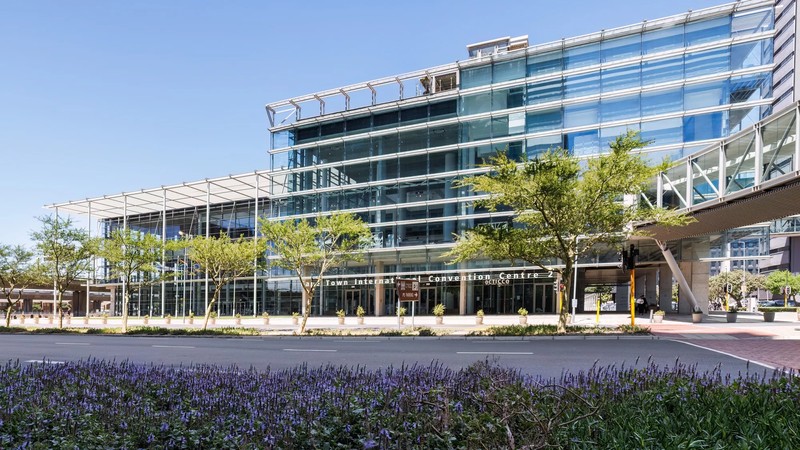Cape Town's plan to sell CTICC stake for R885 million: what it means for service delivery
The City of Cape Town has confirmed it will enter a public participation process on the proposed sale of its majority 72,7% shareholding in the Cape Town International Convention Centre (CTICC), a move that could redirect nearly R885 million into municipal services.
The City explained that private sector investment will unlock greater commercial growth for the CTICC, while proceeds from the sale will boost service delivery and infrastructure development. The land itself will remain City-owned, and the CTICC will continue to operate as a convention centre.
Councillor Siseko Mbandezi, the City’s Mayoral Committee Member for Finance, said:
“We believe that this municipal asset shareholding of 72,7%, with an estimated desktop valuation of approximately R885 million (excluding VAT) is ripe for private sector investment to unlock the great commercial potential for this asset.
“The City as the main shareholder has been instrumental in supporting the growth of this asset over the years. The CTICC will remain a convention centre and the land would remain City-owned.”
He added that the City’s priority is to redirect funds to its constitutional mandate:
“It is hoped that the income from the sale of the City’s stake in the CTICC will be able to further drive municipal service delivery and form part of the City’s major infrastructure investment drive. Divesting from the CTICC will enable the City to reallocate much needed resources more effectively, reinforcing service delivery and long-term fiscal sustainability, while enabling the CTICC to thrive under a more commercially agile ownership model.”
The CTICC, opened in 2003 as a joint investment between the City and the Western Cape Government, has grown into one of Cape Town’s most important economic engines. To date, it has created or sustained more than 169 000 jobs, contributed R58 billion to the Western Cape’s Gross Geographic Product (GGP), and added R66,9 billion to South Africa’s Gross Domestic Product (GDP).
This track record raises the central question: who stands to gain and who could lose if the sale goes through?
Potential gains: The City could unlock nearly R885 million for service delivery, while private ownership could make the CTICC more commercially agile potentially expanding its international footprint and boosting Cape Town’s tourism and hospitality sectors.
Potential losses: With reduced public ownership, there are concerns about accountability, long-term returns for residents, and whether the broader public will continue benefiting from an asset that has been a consistent economic driver.
Mbandezi stressed that the process is still exploratory: “We look forward to taking this process through public participation, to garner inputs and to see the appetite of the market.”
The current shareholding structure of the CTICC is:
City of Cape Town – 72,7%
Western Cape Government – 22,2%
Sunwest International (Pty) Ltd – 5,1%
Details of the public participation period will be released in due course, after which the Council will make a final decision.
tracy-lynn.ruiters@inl.co.za

